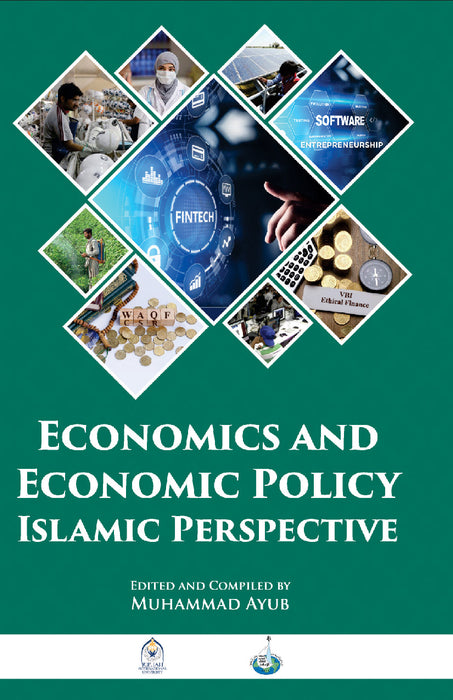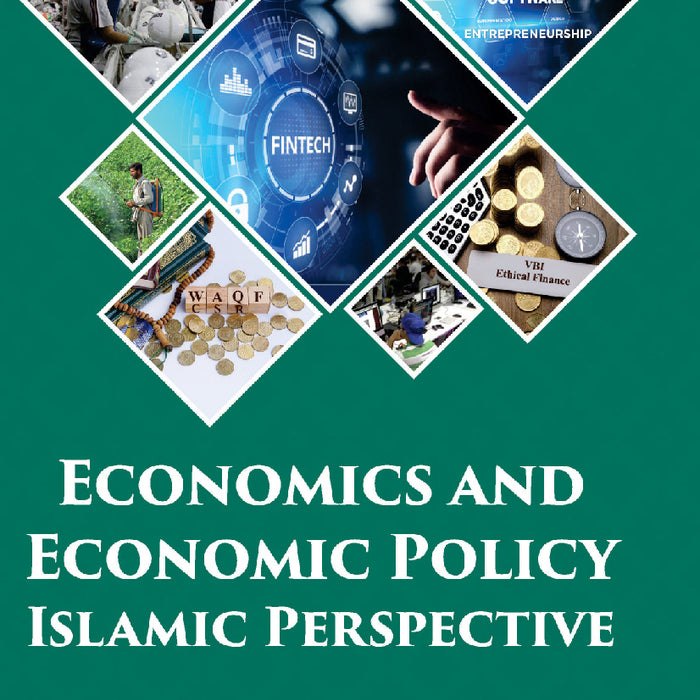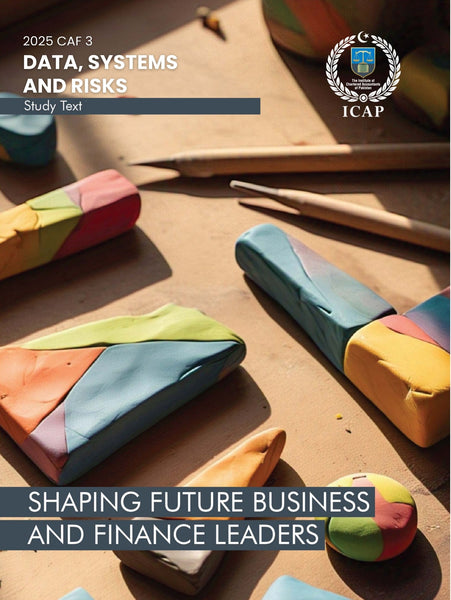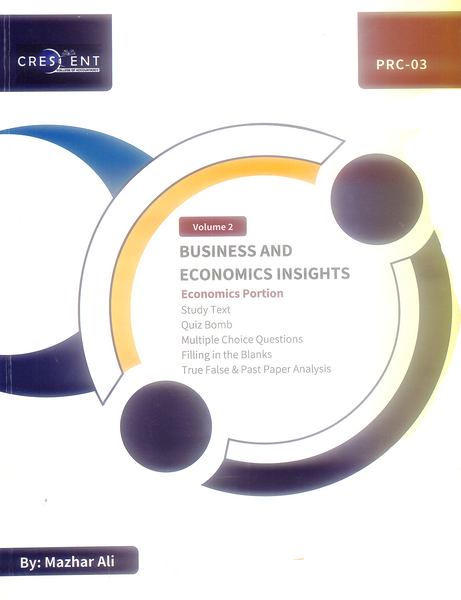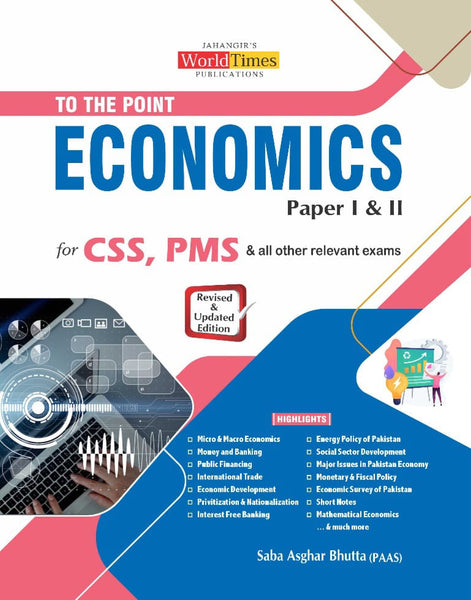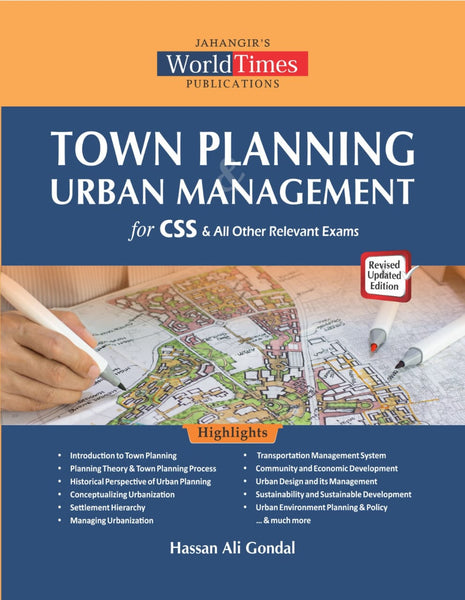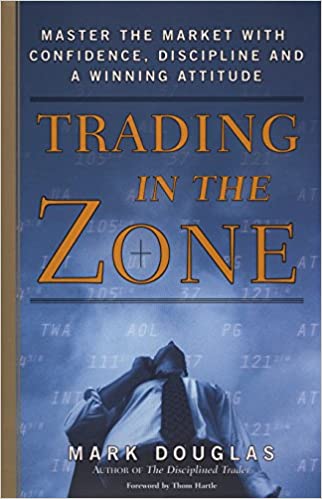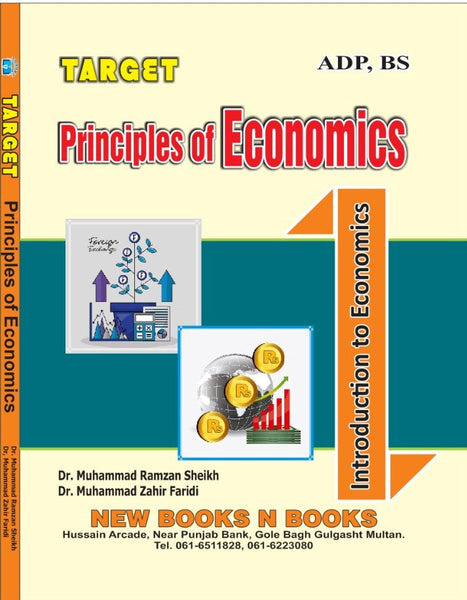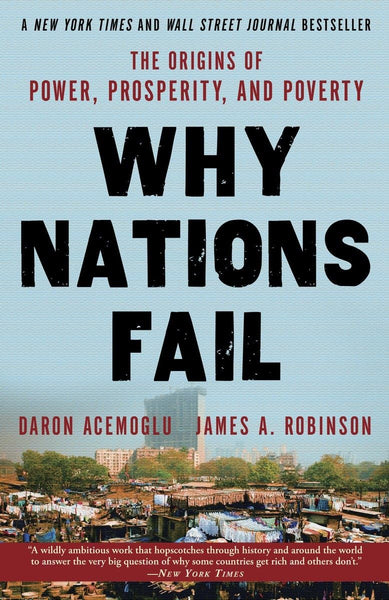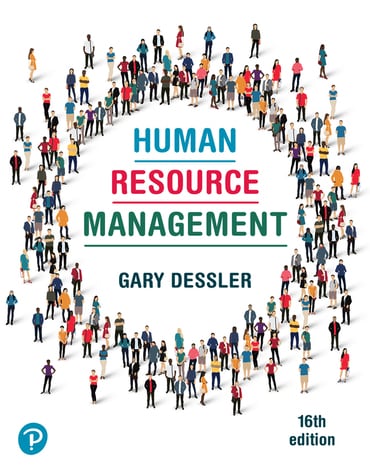Economics and Economic Policy Islamic Perspective by Muhammad Ayub
- Publisher: INSTITUTE OF POLICIES STUDIES IPS
- Availability: In Stock
- SKU: 59815
- ISBN: 9789699486067
- Number of Pages: 674
Rs.2,250.00
Rs.3,000.00
Tags: best books , Best Price , Best Selling Books , comparative economic systems , economic inequality in Islam , economic justice , economic justice in Islam , economic reform in Islam , Economics and Economic Policy , economics in Shariah , economics of zakat , ethical finance in Islam , halal economy , interest-free economics , Islamic banking , Islamic economic development , Islamic economic model , Islamic economic policies , Islamic Economic Policy , Islamic economic theory , Islamic Economics , Islamic finance , Islamic financial ethics , Islamic financial system , Islamic fiscal policy , Islamic macroeconomics , Islamic monetary policy , Islamic perspective on economics , Islamic perspective on poverty , Islamic view on capitalism , Islamic wealth distribution , Muhammad Ayub , Muslim economic thinkers , Muslim world economy , Online Bookshop , Quran and economics , Riba-free economy , Shariah-compliant finance , socio-economic justice Islam , sustainable Islamic economy , Zakat and economy
📘 Title Name: Economics and Economic Policy: Islamic Perspective
✍️ Author: Muhammad Ayub
🔹 Introduction:
This book by Muhammad Ayub provides a comprehensive analysis of economics and policy-making through the lens of Islamic teachings. It explores how Islamic principles can contribute to a just and sustainable economic system, distinct from conventional Western models.
🔑 Key Points:
-
Explains the foundational concepts of Islamic economics and their historical development.
-
Offers a critique of capitalist and socialist models from an Islamic standpoint.
-
Discusses the role of Islamic financial instruments like Zakat, prohibition of Riba, and ethical investments.
-
Analyzes Islamic policy-making tools to address poverty, inequality, and economic stability.
-
Presents real-world applications and reforms needed in modern Islamic economies.
🔚 Conclusion:
Economics and Economic Policy: Islamic Perspective serves as a valuable resource for students, scholars, and policymakers seeking an alternative framework to conventional economic theories. It bridges the gap between economic theory and Islamic values, aiming for equity, justice, and ethical governance.

